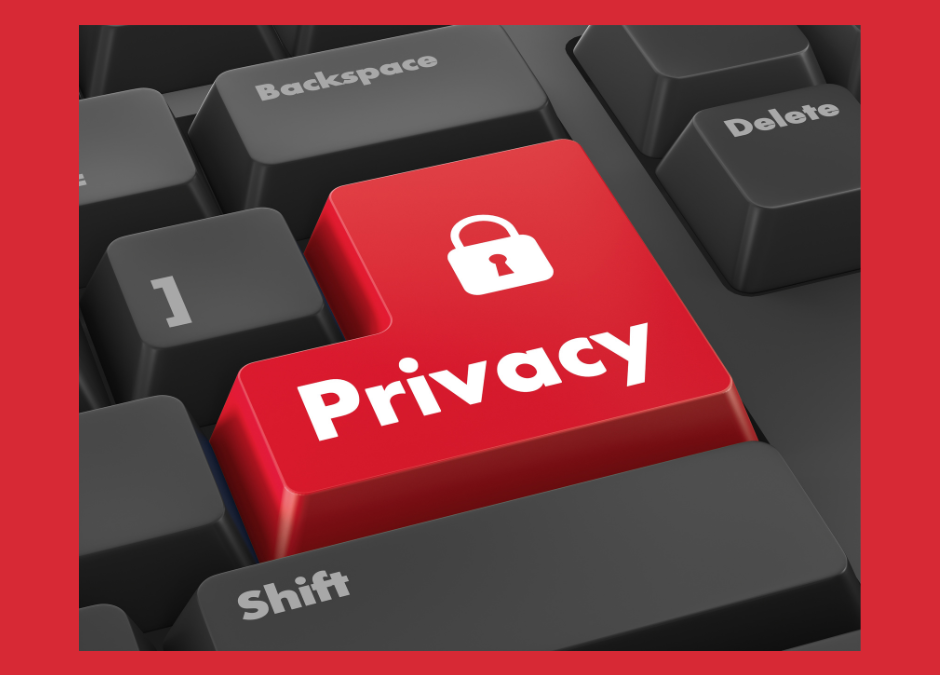As part of a new bi-monthly series, WVLS is featuring information and resources on fundamental library skills in the WVLS newsletter and as a Digital Byte. This month’s topic is Patron Privacy.
In the realm of public libraries, privacy and confidentiality are foundational principles that ensure patrons can explore information freely and without fear. Privacy, in this context, refers to the right of individuals to control their personal information and to decide how, when, and to what extent that information is shared. Confidentiality, on the other hand, is the obligation of libraries to protect any personally identifiable information about their patrons from unauthorized access or disclosure.
The American Library Association’s (ALA) Library Bill of Rights underscores the importance of these principles. It asserts all people possess a right to privacy and confidentiality in their library use, and that libraries should advocate for, educate about, and protect these rights. This commitment is crucial in fostering an environment where intellectual freedom can thrive.
Wisconsin Statute 43.30 specifically addresses the confidentiality of library records. It mandates that records indicating the identity of any individual who borrows or uses library materials, resources, or services cannot be disclosed except under specific circumstances, such as by court order or to persons acting within the scope of their duties in the administration of the library. This statute ensures that patrons’ borrowing habits and information-seeking behaviors remain private, reinforcing the trust between libraries and their communities.
Additionally, Wisconsin’s Personal Information Practices Act (Wisconsin Statutes 19.62 to 19.80) requires all state and local government organizations, including public libraries, to develop procedures to protect the privacy of personal information they maintain. This act emphasizes the need for libraries to implement robust privacy policies and practices, ensuring that personal data is handled with the utmost care and security.
For public librarians in Wisconsin, upholding these standards involves continuous education and vigilance. Staff must be trained on the latest privacy threats and best practices, and libraries should regularly review and update their privacy policies to address new challenges. Transparency with patrons about how their data is used and protected is also essential in maintaining their trust.
In conclusion, privacy and confidentiality are not just legal obligations for Wisconsin public libraries; they are core values that support the mission of libraries as safe havens for free inquiry and expression. By steadfastly protecting these rights, librarians can ensure that their institutions remain trusted and vital resources for their communities.
For an additional method of learning about privacy in public libraries, view the Digital Byte.
-Submitted by Kristie Hauer, Assistant Director, Nicolet Federated Library System

